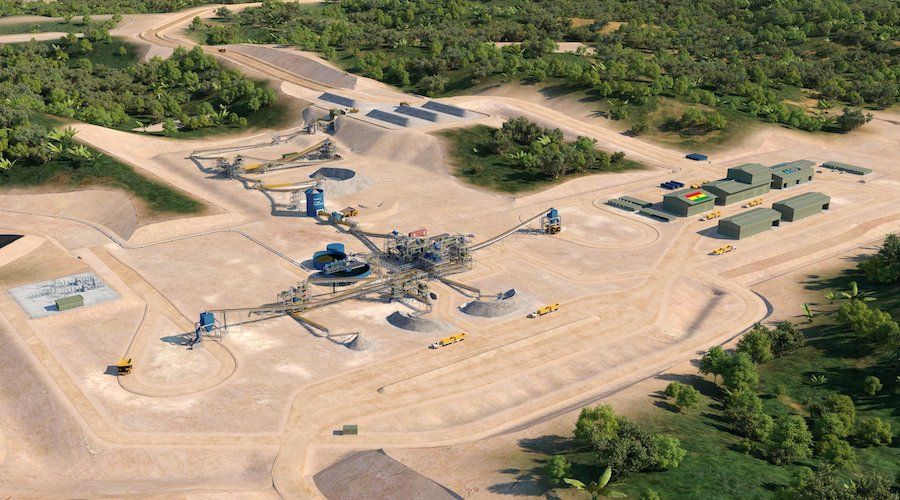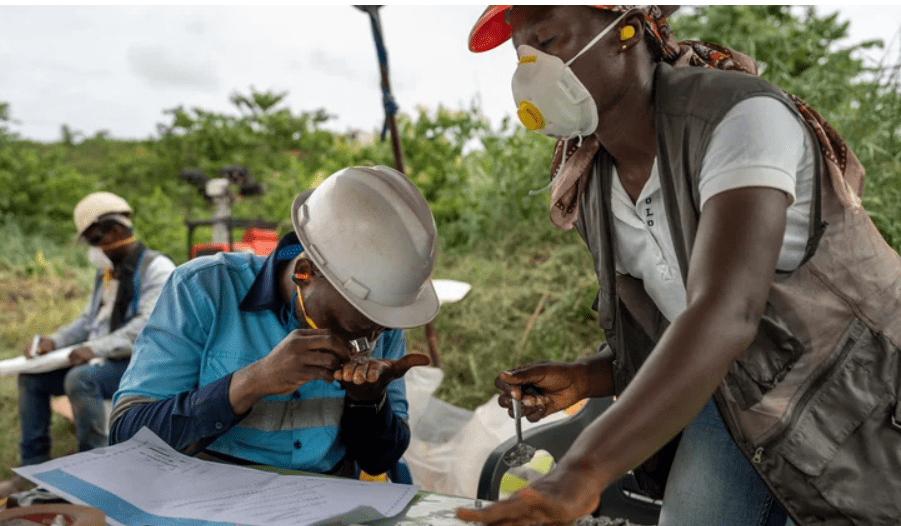In a strategic move to capitalise on the global electric vehicle (EV) boom, Ghana has approved the development of the West African nation’s inaugural lithium mine.
Located on Ghana’s southern coast at Ewoyaa, where major lithium deposits were uncovered just six years ago, the new mine will sit roughly 100km south-west of Accra and will be operated by Australia’s Atlantic Lithium Ltd.
The Ministry of Lands and Natural Resources granted Barari DV Ghana Limited a 15-year lease on the mine with hopes the country will profit from the world’s accelerating transition to EVs.

As major automakers phase out gasoline-powered cars, demand for lithium is skyrocketing given the mineral’s critical role in EV batteries.
“This marks a significant milestone for Ghana’s mining industry as we pivot toward the EV supply chain,” said Samuel Aboagye, Ghana’s Minister of Lands and Natural Resources.
“We aim to maximize the economic benefits for Ghanaians as the world moves toward greener transportation.”

As part of the deal, Ghana has increased the royalty rate for the Ewoyaa mine to 10%, considerably higher than the standard 5% rate. The state will also boost its stake from 10% to 13%.
Additionally, the government’s Minerals Income Investment Fund will acquire stakes both in the mine and in Atlantic Lithium.
Ghana looks set to reap in considerable profits from its lithium resources. The government plans to construct a lithium processing facility, allowing the country to capture value beyond just raw mineral exports.
“We want the full lithium value chain rooted in Ghana so that our people reap the jobs and knowledge as well,” explained Aboagye.
Atlantic Lithium, which started exploring Ghana’s lithium potential in 2017, declined to comment on the approved Ewoyaa mine or provide details on the next steps.
With its inaugural lithium mine now greenlit, Ghana joins fellow mining powerhouses like Australia and Chile in tapping into the EV revolution. The global electric car market is forecast to be worth $802 billion (USD) by 2027, underlining the lucrative opportunity.
For Ghana, this likely marks just the beginning, as the government aims to position the country as a major lithium supplier. “We have a clear vision of Ghana as a competitive player in the global lithium industry as the world transitions to cleaner transport,” Aboagye noted.
The approved Ewoyaa mine demonstrates the West African nation’s eagerness to seize the moment. As more countries phase out gasoline cars, Ghana appears determined to tap into its lithium reserves and ride the electric vehicle wave.

